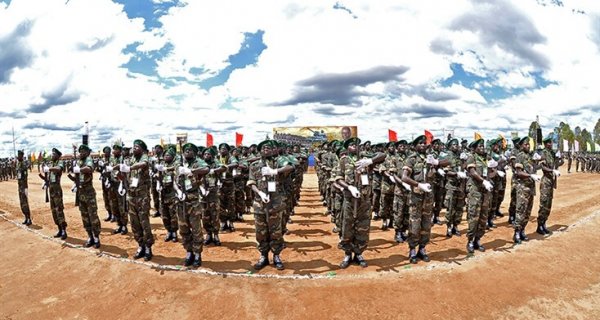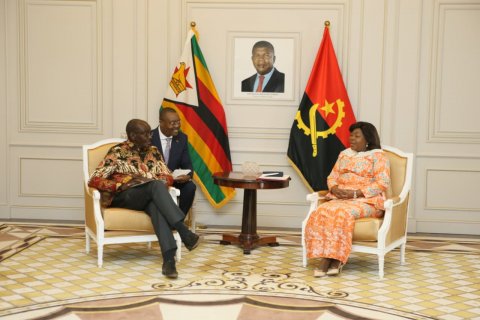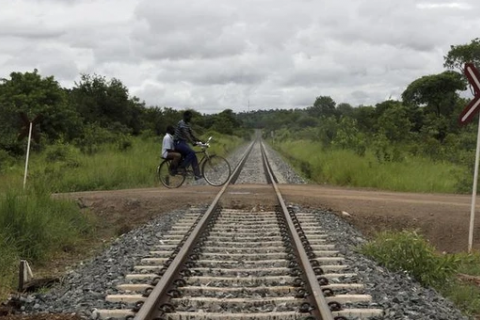In a statement signed by Lieutenant General João Cruz Mavinga Lúcifer, head of the FAC Special Forces, the group says that four FAC soldiers and nine civilians died during the initial attack, launched at 4 am, against a position of the Cabindan Armed Forces (FAC) in the village of Kimbanza-Vingi, in Necuto.
The fighting reportedly continued on Congolese territory, in the village of Kimbanza-Mbemba, on the border between the Democratic Republic of Congo and Cabinda, where three Angolan soldiers were killed by the FAC and two Congolese civilians were shot by the FAA, it adds.
According to the same statement, more than 250 Angolan soldiers raided the village of Kionzo, in the Democratic Republic of Congo.
Lusa contacted the Angolan Ministry of Defense and the Congolese Government to obtain confirmation of this report, without receiving any response so far.
The FAC General Staff also says that “this deadly and blatant provocation of the unilateral ceasefire decreed on April 14, 2025, in support of the peace initiative in Cabinda proposed by the UNITA parliamentary group”, demonstrates that “João Lourenço does not want to give any opportunity to peace and dialogue”.
Last month, the Government considered the situation in Cabinda “stable” and denied the existence of any armed conflict in the territory, reacting to the announcement of a supposed ceasefire by the independence movement Front for the Liberation of the State of Cabinda - Armed Forces of Cabinda (FLEC-FAC).
On that occasion, the executive also repudiated "the alleged negotiations between the political party UNITA and the aforementioned terrorist group as reported by certain press".
The National Union for the Total Independence of Angola (UNITA) announced last March its intention to present a draft resolution to parliament to "demand the immediate and unconditional end to military hostilities" in the province of Cabinda and "the immediate start of peace negotiations".
Representatives of UNITA and FLEC-FAC met last week in Brussels and urged the Angolan government to accept the call for dialogue made within the framework of the unilateral ceasefire declared by FLEC in Cabinda, in force until June 14.
FLEC-FAC has been demanding for several years the independence of the territory of Cabinda, a province in the north of Angola, from where a large part of the country's oil comes, evoking the Treaty of Simulambuco, of 1885, which designates that territorial part as a Portuguese protectorate.







